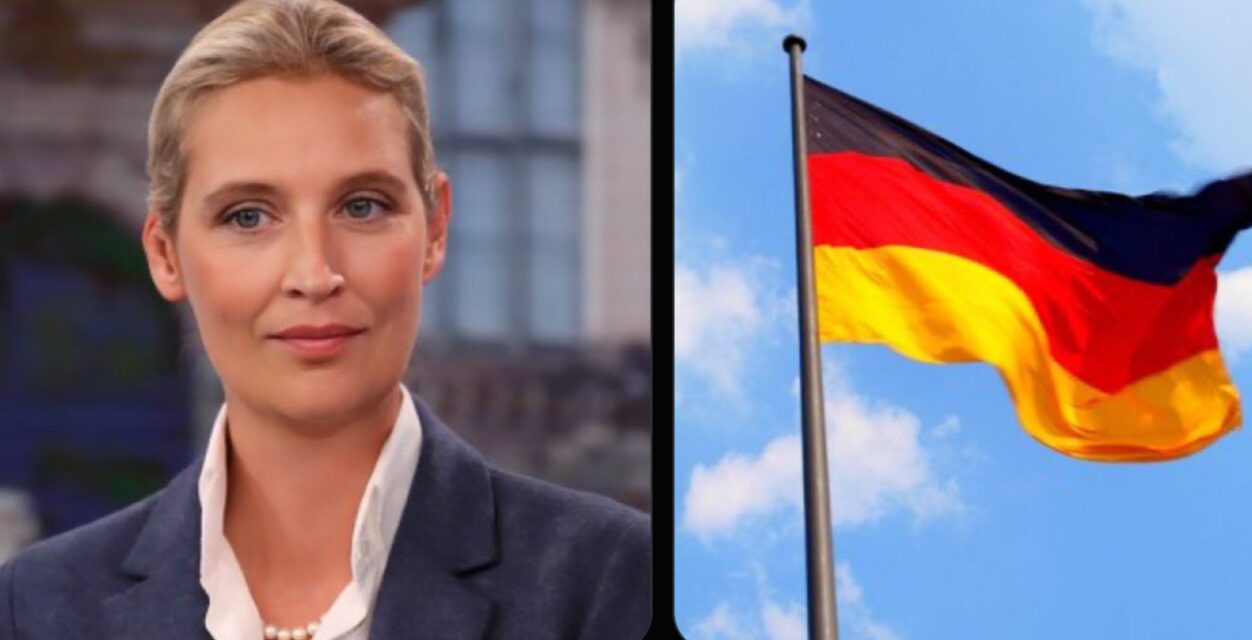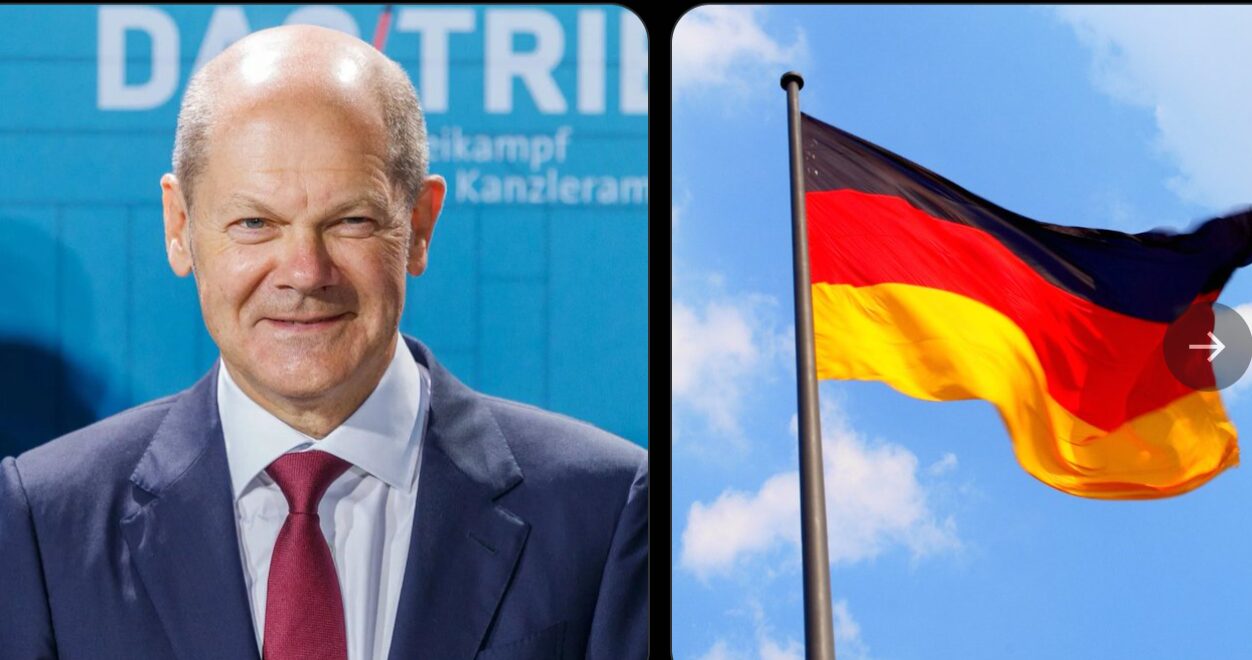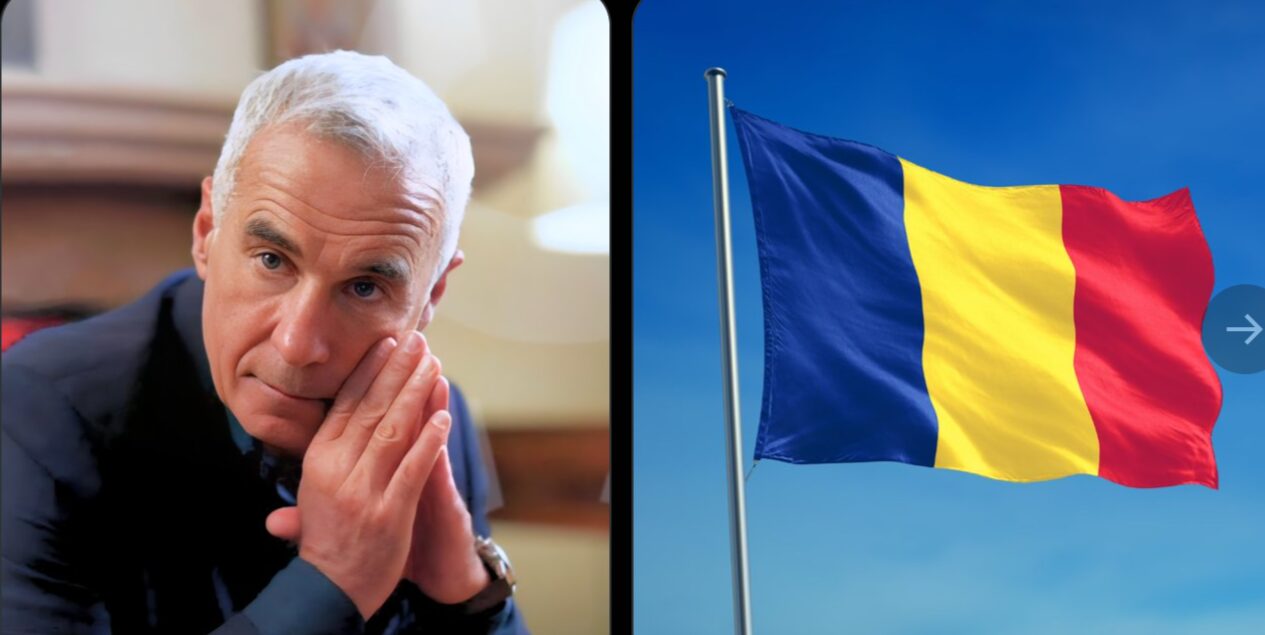ALICE WEIDEL of Germany’s AfD Party is now the MOST POPULAR candidate for Chancellor ahead of the upcoming elections
Alice Weidel of Germany’s AfD Party Emerges as Most Popular Candidate for Chancellor Ahead of Upcoming Elections
As Germany heads toward its next federal elections, a surprising shift in political dynamics has unfolded. Alice Weidel, the co-leader of the Alternative for Germany (AfD) party, has emerged as the most popular candidate for Chancellor. Known for her hard-right views and staunchly nationalist positions, Weidel’s rise in political popularity has shaken the country’s political landscape and sparked intense debates about the future direction of German politics.
In this article, we will explore the factors behind Alice Weidel’s meteoric rise in popularity, the implications of her potential leadership, and what it means for Germany’s political future.
The Rise of Alice Weidel: A Political Outsider Turned Favorite
Alice Weidel has long been a prominent figure in German politics, but her recent surge in popularity has captured the attention of both supporters and critics. Leading the AfD, a party that has traditionally been on the fringes of Germany’s political spectrum, Weidel has positioned herself as a formidable contender for the position of Chancellor.
Weidel’s political trajectory is a testament to her resilience and ability to navigate the shifting tides of public opinion. A trained economist, Weidel’s rise to prominence began as part of the AfD’s leadership team, a party that initially gained traction with its anti-immigration rhetoric and Eurosceptic stance. Over time, Weidel has managed to redefine herself, evolving into a leader who attracts voters from across Germany’s diverse political spectrum.
Recent polling data shows Weidel consistently ahead of other major party leaders, including those from the more traditionally powerful Christian Democratic Union (CDU) and Social Democratic Party (SPD). This shift highlights a growing disillusionment with the establishment parties, many of whom have struggled to adapt to the challenges posed by an increasingly polarized and fragmented electorate.
Factors Behind Alice Weidel’s Surge in Popularity
Several factors contribute to Alice Weidel’s newfound popularity as a candidate for Chancellor. Let’s explore some of the most significant elements driving her rise:
1. Discontent with the Mainstream Parties
Germany, like much of Europe, has seen a growing wave of populism, particularly from far-right and nationalist groups. In recent years, dissatisfaction with the political establishment has been on the rise, particularly as economic instability, immigration debates, and European Union policies continue to dominate public discourse. Many voters feel disconnected from the traditional parties that have governed Germany for decades, leading them to turn to alternative voices like Weidel’s.
2. A Strong Anti-Immigration Stance
One of the core issues that has defined the AfD, and by extension Alice Weidel’s political platform, is a strict anti-immigration policy. Weidel has been vocal in her opposition to Chancellor Angela Merkel’s decision to allow large numbers of refugees into Germany in 2015. For many voters, Weidel’s hardline stance on immigration resonates as they grapple with concerns over national security, cultural identity, and economic competition. This issue has made her a favorite among voters who prioritize stringent immigration controls.
3. Economic and Financial Reform Proposals
Weidel, with her background in economics, has also positioned herself as a candidate who understands the intricacies of Germany’s financial systems. Her proposals for economic reform focus on reducing bureaucracy, lowering taxes, and stimulating local businesses. These policies, combined with her criticism of the European Union’s handling of economic issues, have helped her gain support from voters who feel that Germany’s role within the EU has been detrimental to its own economic prosperity.
4. A Charismatic and Articulate Leader
Alice Weidel is also recognized for her ability to communicate effectively, often presenting her views in a direct and unambiguous manner. Her speeches are marked by a blend of pragmatic solutions and an unwavering commitment to her ideological convictions. This has made her a powerful orator, one who can energize her base while appealing to disillusioned voters who are seeking a clear alternative to the status quo.
5. Youthful Appeal
Despite the AfD’s often controversial and divisive positions, Weidel has managed to position herself as a modern, youthful alternative to the older, establishment candidates. This has helped her connect with younger voters, many of whom feel alienated from the traditional political establishment. Her ability to balance the demands of populist rhetoric with pragmatic, forward-thinking solutions has helped broaden her appeal beyond the AfD’s core base.
Implications for Germany’s Political Future
The possibility of Alice Weidel becoming Germany’s next Chancellor represents a significant shift in the country’s political landscape. If her popularity continues to grow, it could have profound implications for Germany’s role in Europe and its future domestic policies.
1. A Shift Toward Nationalism and Sovereignty
Weidel’s political ideology is rooted in nationalism, with a clear emphasis on preserving Germany’s sovereignty. Should she become Chancellor, we could see a shift in Germany’s foreign policy, especially in relation to the European Union. Weidel has been a vocal critic of the EU’s economic policies and the influx of migrants from non-EU countries, and her leadership could push Germany toward more isolationist and protectionist policies.
2. Tensions Within the European Union
Weidel’s Euroscepticism poses a challenge not just to Germany’s political structure but also to the EU itself. Her leadership could lead to tensions between Germany and other EU members, particularly if her policies threaten the economic unity that has been the hallmark of the European project. Germany’s influence in the EU would likely be diminished if her administration pursued more nationalistic economic and foreign policies.
3. The Future of German Politics
The rise of Alice Weidel signals a shift in the political balance of power in Germany. If she secures the Chancellor position, it could lead to a reconfiguration of the political landscape, with other parties having to adjust to a new era of German politics characterized by greater polarization and populism.
Conclusion: What’s Next for Alice Weidel and the AfD?
As Germany prepares for the upcoming elections, Alice Weidel’s ascent as the leading candidate for Chancellor is both a reflection of growing dissatisfaction with traditional politics and a sign of the shifting political tides in Europe. Whether she can maintain her popularity and secure the position of Chancellor remains to be seen, but one thing is clear: Alice Weidel is a force to be reckoned with, and her rise represents a dramatic transformation in Germany’s political landscape.
Germany’s voters will soon have to decide whether they want to embrace the future of right-wing populism under Weidel’s leadership or continue with the more moderate and established political parties. Regardless of the outcome, the rise of Alice Weidel and the AfD signals a turning point for Germany’s political future.

















Post Comment